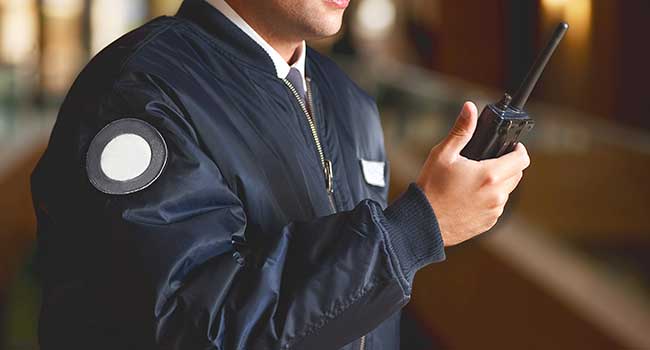
Pennsylvania District’s School Guards Handle Security, Visitor Management
The Lower Merion School District is hiring security guards for its schools. The guards will monitor security cameras and handle visitor management at school entrances.
- By Jessica Davis
- April 16, 2019
Public schools in the Lower Merion School District are adding security guards and implementing a new background check system for visitors.
The Lower Merion Board of School Directors approved a contract in February with Advanced Protection Co. to provide security guards for campus entrances during the school day.
Officials said the guards will not be armed, and their responsibilities will not include monitoring student behavior or handling student discipline. Those duties will continue to belong to campus and recess aides.
Instead, the guards will monitor security cameras and handle visitor registration. The goal is for guards to keep unauthorized people from entering the campus.
“The guards will take the burden of visitor screening and badging off of the school secretaries, who have many other duties, especially at busy times such as the beginning and the end of the school day,” according to a district press release.
A uniformed guard will be stationed at each of the district’s elementary schools between 8 a.m. to 4 p.m., at the high schools from 7 a.m. to 3 p.m. and at the middle school campuses between 7:30 a.m. to 3:30 p.m. Guards will be present at special events as needed.
In addition to the new security guards, the district will be implementing the Raptor system to check visitors against a database of registered sex offenders, as well as information like custody agreements and protection from abuse orders.
Visitors cleared by the system will be issued a badge that will include a photo, the date and the visitor’s destination within the school. The system will also be used to make sure that volunteered have all state-mandated clearances.
The contract for the security guards will cost $342,160 and the Raptor system subscription will cost $17,250.
About the Author
Jessica Davis is the Associate Content Editor for 1105 Media.